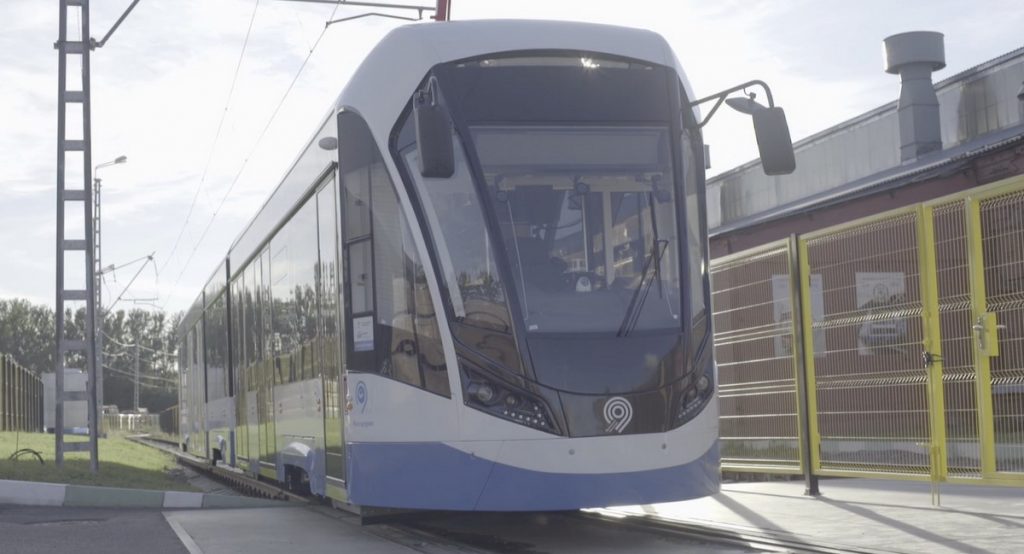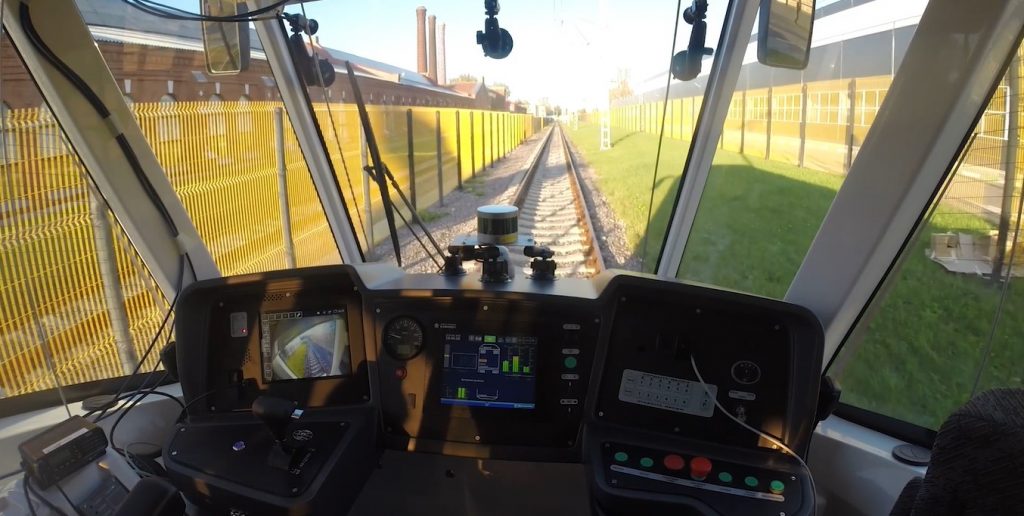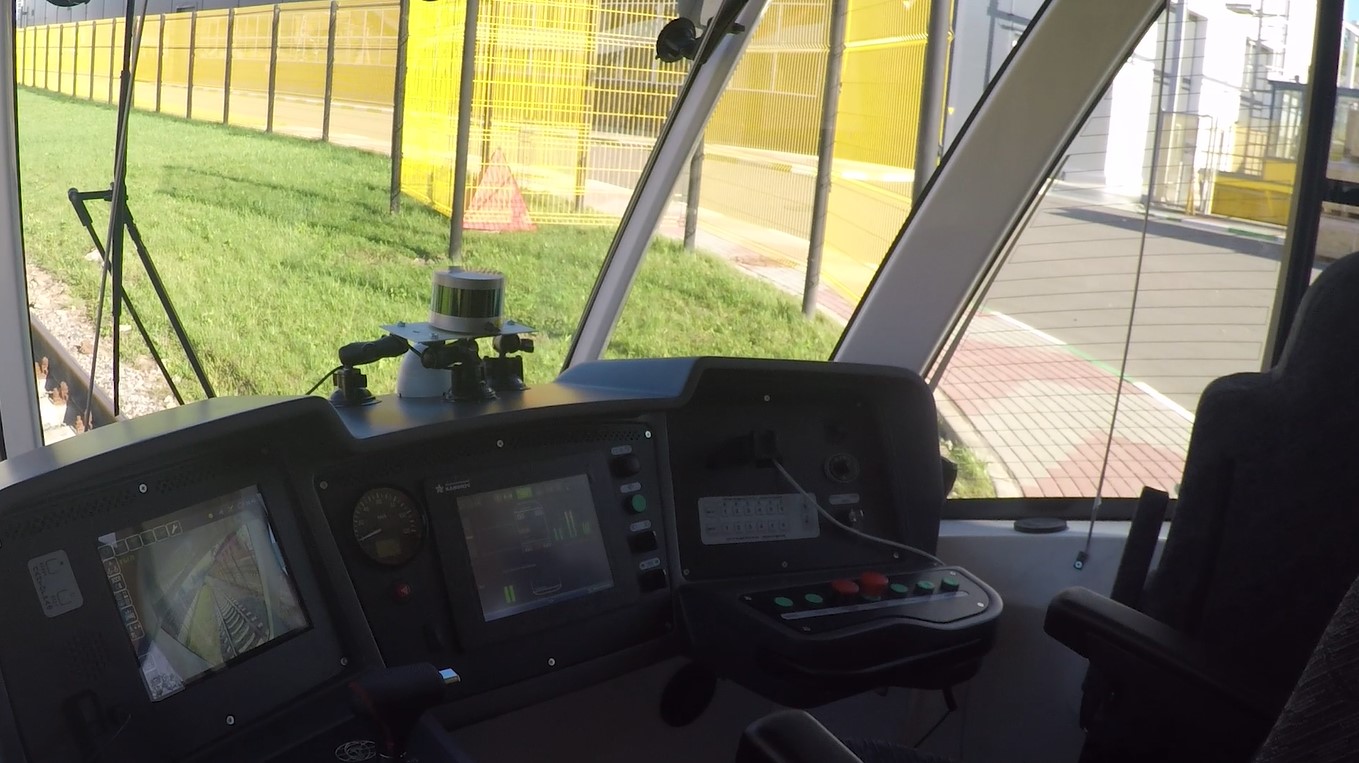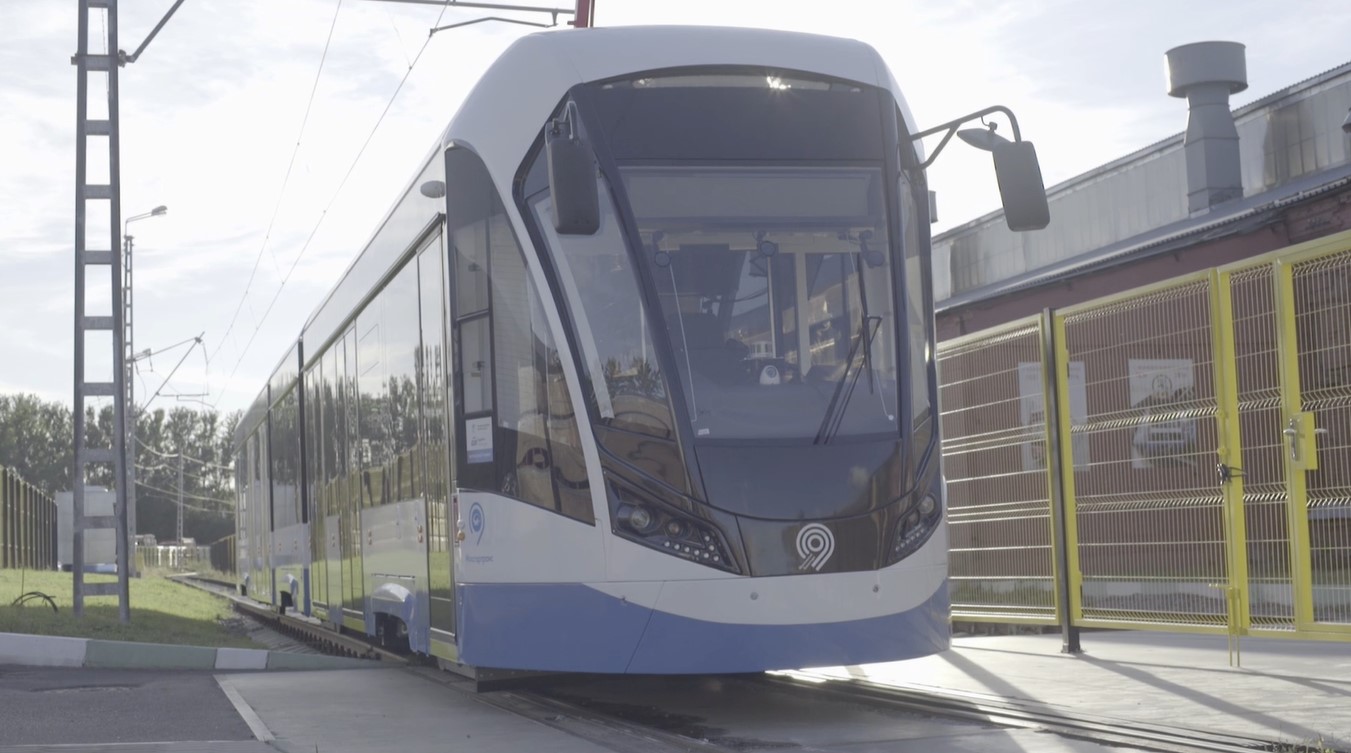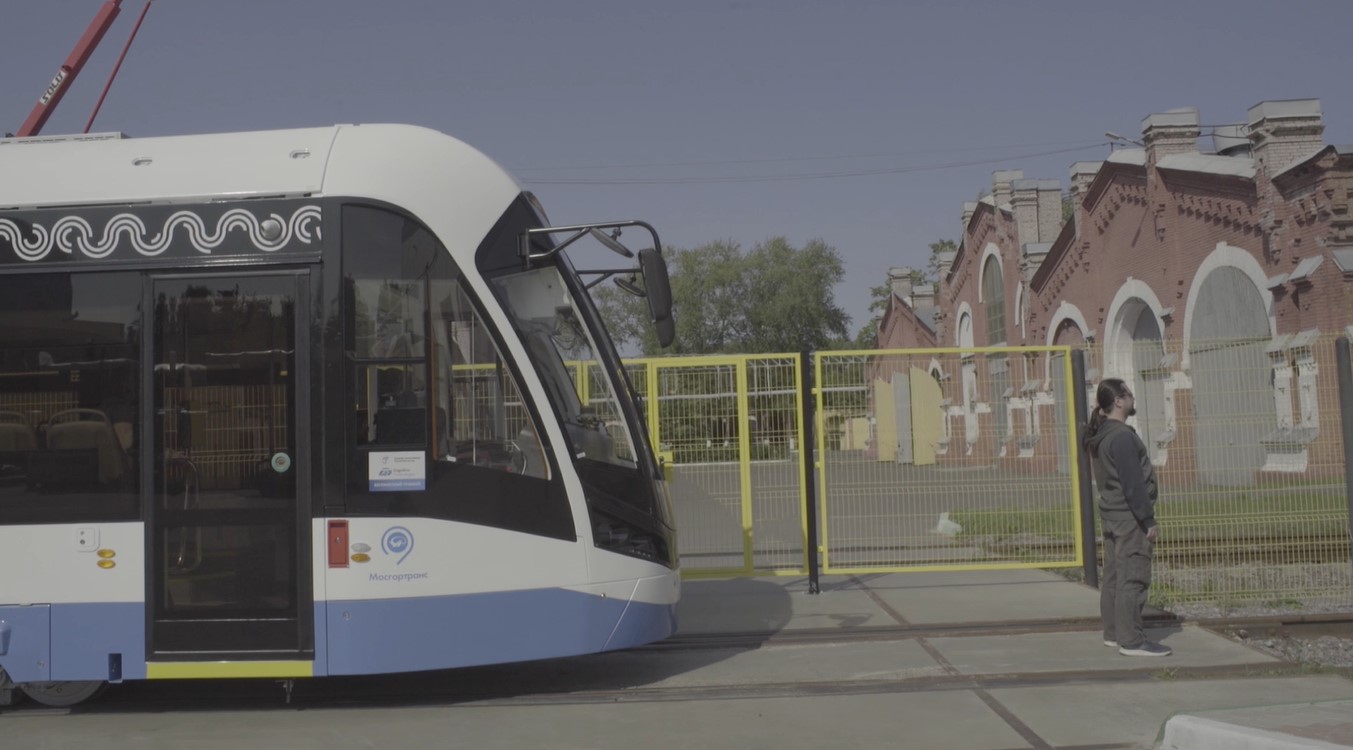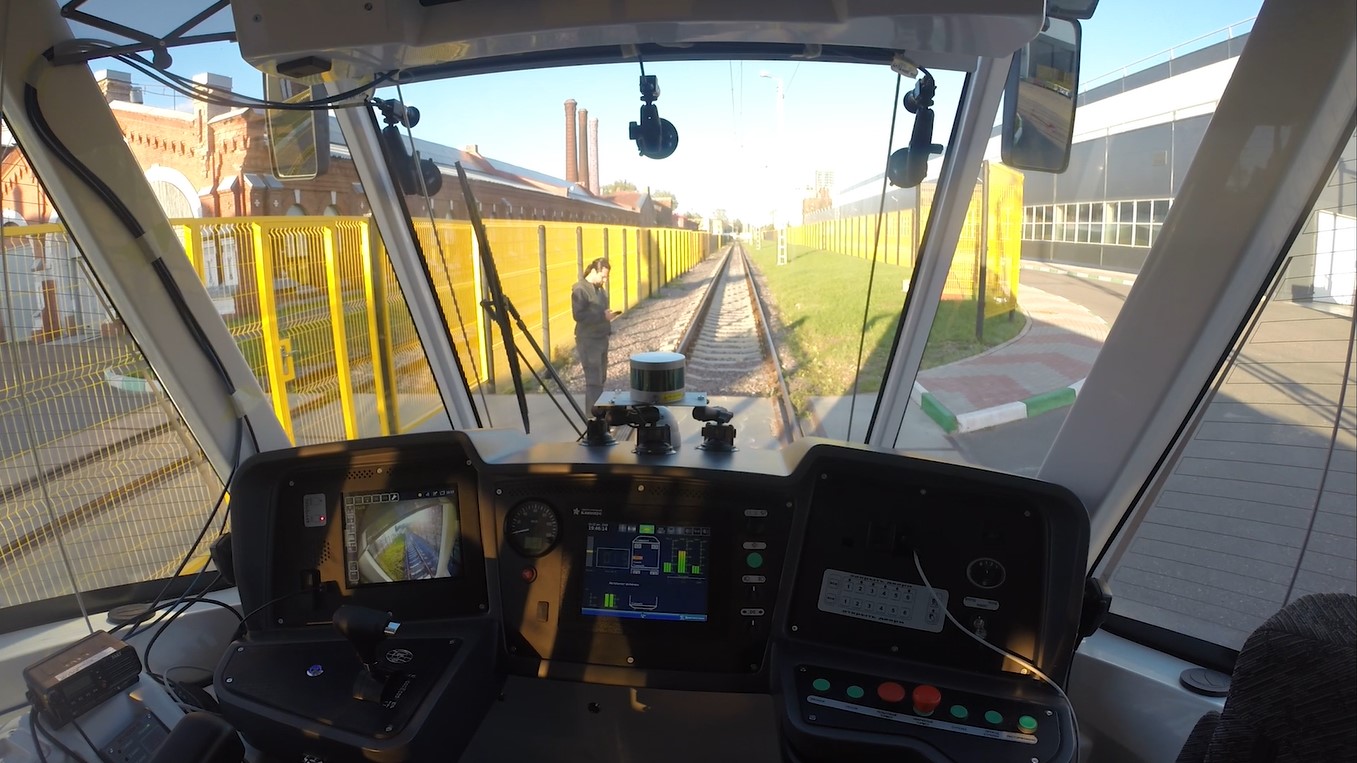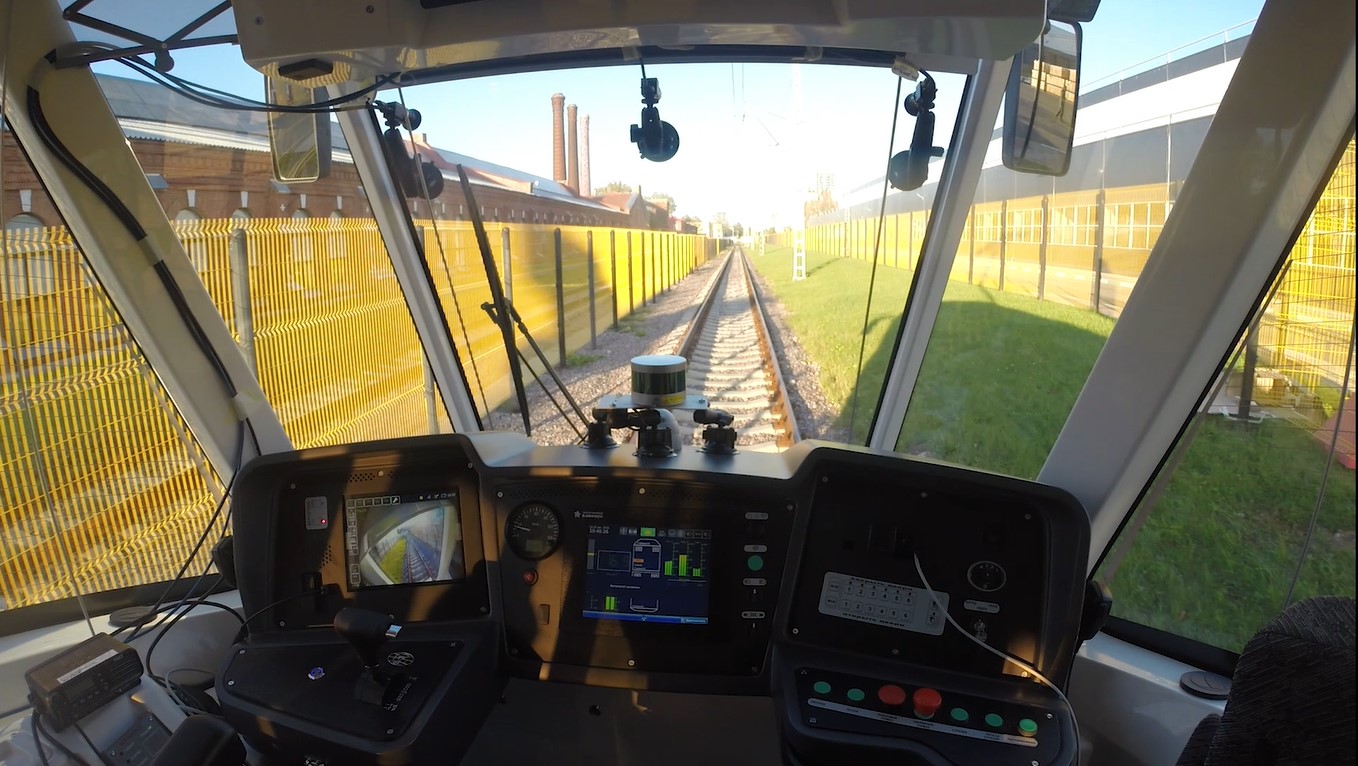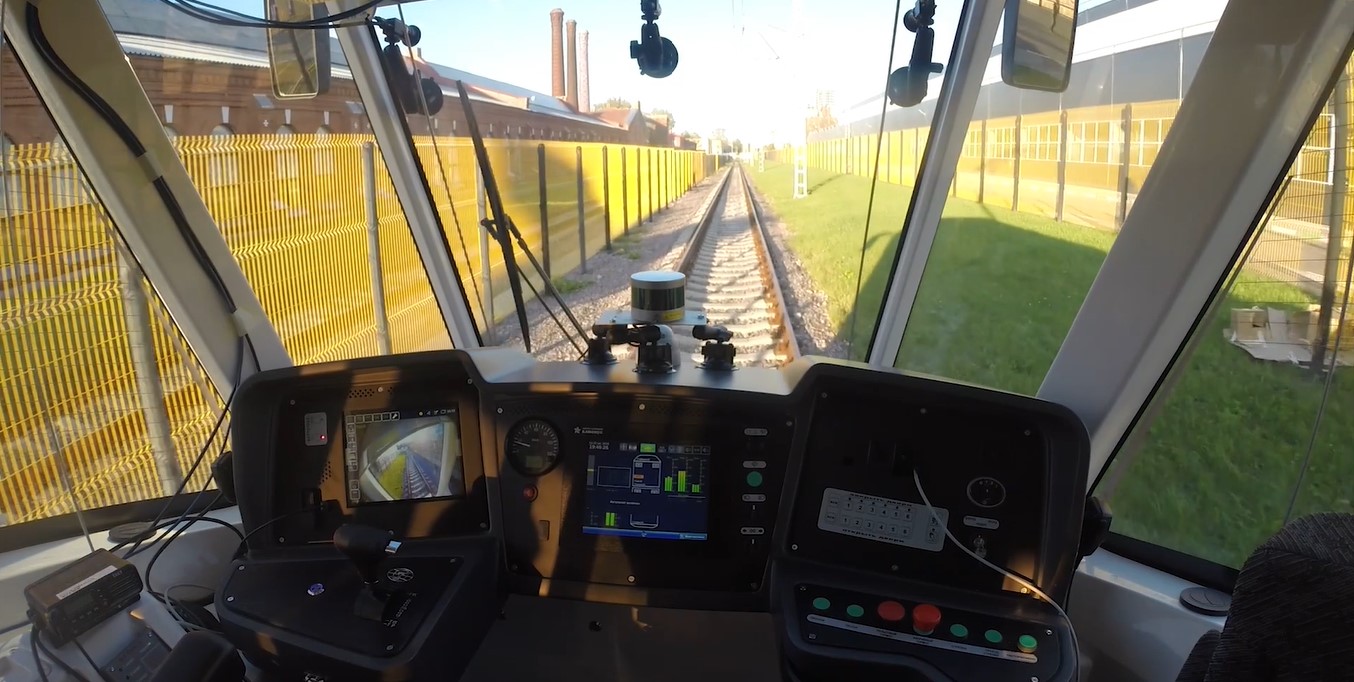Moscow is planning to have an autonomous tram up and running on its streets by 2021-22, with the project being a joint effort by PC Transport Systems and Cognitive Technologies.
Autonomous tram projects are gaining traction, with the first one already launched in Potsdam. Germany last September. Unlike self-driving cars, autonomous technologies for rail transport systems are way less complicated, enabling trams to adopt the technology much sooner.
The leading countries for autonomous trams at the moment is Germany, Russia and China. In the following two months, PC Transport Systems -a Russian manufacturer of urban electric vehicles- and Cognitive Technologies -a developer of artificial intelligence for autonomous driving solutions– will start testing their autonomous tram with an operator in the cabin in closed facilities.
The next phase will include tests conducted on one of Moscow’s tram routes. The tram’s autonomous system will be able to detect vehicles, other trams, traffic lights, pedestrians, railway switches and other obstacles reliably, being able to execute an emergency stop and maintain a safe distance to the cars ahead.
Adding the autonomous technology into a tram will make this rail transport system one of the safest in the business.
The Russian autonomous tram will be equipped with 10 to 20 cameras mounted around its perimeter, up to 10 radars, GPS sensors and a high-precision cartography for the specified route. The AI-based computer vision system will combine the raw data and act accordingly in any weather conditions.
The first stage of the project will use the autonomous technology as an active assistant in difficult situations, while the next stage of development will retain an operator in the cabin as a ‘backup’ driver. However, the operator will remain in the coming years for psychological reasons, as passengers is believed to being not yet ready for a complete absence of a human driver.




